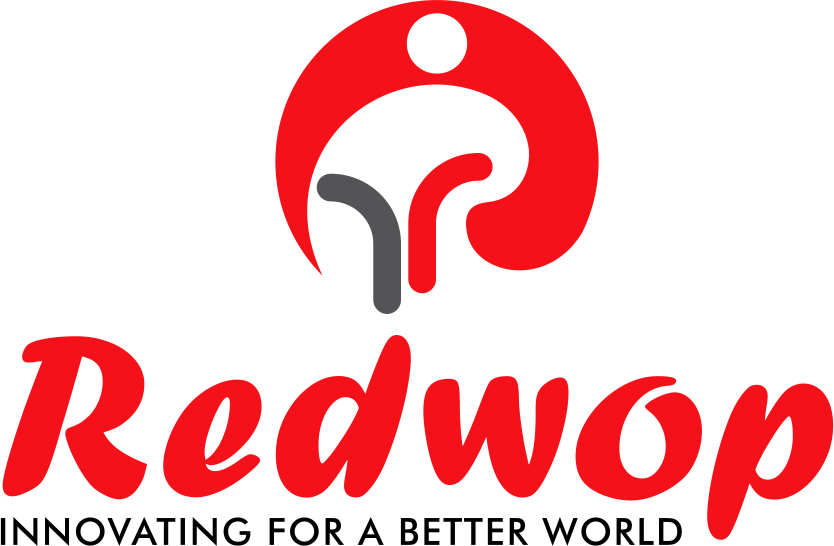Primer
Redwop Chemicals Primer is a high-quality solvent-based primer designed for use in various construction applications. It enhances the adhesion of coatings and ensures better bonding with surfaces, making it ideal for both interior and exterior projects. Whether you’re using it for sealing or preparing surfaces, this adhesive primer improves the longevity and durability of your coatings. Choose Redwop Chemicals Primer for superior performance in all your primer in construction needs.
Redwop Primer is a superior-quality, single-component bonding and adhesion promoter designed to boost surface compatibility before applying concrete coatings, screeds, waterproofing membranes, or paints. Available in both water-based and low-VOC solvent formulations, it penetrates deeply to form a responsive substrate foundation that enhances coating performance and service life.
Ideal Applications
This versatile primer is ideal for priming freshly trowelled or cure-surface-treated concrete slabs, masonry walls, waterproofing systems, brick substrates, and metal formwork. It enhances bonding before topcoat or screed application on terraces, balconies, parking decks, bathrooms, and kitchens—particularly where consistent bonding is essential for long-term performance.
Application Guide
Ensure the surface is clean, sound, and free from dust, oil, or loose particles. Stir the primer thoroughly. For water-based primer, apply a single coating using a brush, roller, or low-pressure sprayer at ~6–8 m²/L. For solvent-based variant, ensure proper ventilation, then apply with a clean brush or roller at ~8–10 m²/L. After application, allow 30 minutes for the primer to become tack-free; apply the topcoat within 1–2 hours. Avoid exceeding substrate temperature limits of 5–35 °C. Clean equipment with water (water-based) or suitable solvent (solvent-based).
Key Features & Benefits
Redwop Primer significantly improves adhesion of topcoats to porous substrates like bare concrete, masonry, concrete screeds, and metal surfaces. Its rapid-drying formula (surface dry in ~30 minutes, full cure in 1–2 hours) allows fast-track project execution. With low VOC emissions, it is both environmentally friendly and safe for indoor use. Suitable for both priming and sealing, it ensures reduction in product consumption while increasing coating longevity—especially beneficial before epoxy, PU, or bituminous applications.
FAQ's
A solvent-based primer is a primer formulated with solvents that help in better penetration and bonding to surfaces, providing a strong foundation for further coatings.
The primer works by sealing the surface, improving adhesion for paints, coatings, and adhesives, and ensuring durability and longevity in construction projects.
Yes, our primer is designed for use on a variety of surfaces, including concrete, wood, and metal, to ensure strong adhesion for coatings and adhesives.
An adhesive primer is essential in construction because it creates a bond between the surface and subsequent layers of coatings, ensuring better durability and reducing the chances of peeling or chipping.
Yes, Redwop Chemicals Primer is designed for both indoor and outdoor applications, providing excellent adhesion and protection in various environmental conditions.
Primers are used to improve adhesion between a surface and the next coating or finish. They seal the substrate and ensure even absorption.
Concrete, cement screeds, plaster, brickwork, wood, and metal often need priming—especially if the surface is porous, dusty, or uneven.
No—primers are formulated for specific purposes. Bituminous systems need solvent-based primers, while epoxy and paints may require water-based or epoxy primers.
Typically 30 minutes to 2 hours depending on product type, temperature, and humidity. Always check the product's technical data sheet.
Yes—smooth surfaces can have low porosity or dust that reduces adhesion. A primer ensures the coating bonds securely.
Some primers are moisture-tolerant, but most require dry, dust-free surfaces. Using on damp substrates can compromise adhesion.
Generally, 6–10 m² per liter depending on porosity. Porous substrates like AAC blocks may require more primer.
Water-based is safer and eco-friendly for interiors. Solvent-based primers offer deeper penetration and are suited for bitumen membranes and external use.
Use brushes, rollers, or low-pressure sprayers for even distribution. Avoid pooling or over-application.
No—skipping the primer may lead to poor adhesion, reduced life of the system, and early failure, even with premium coatings.

